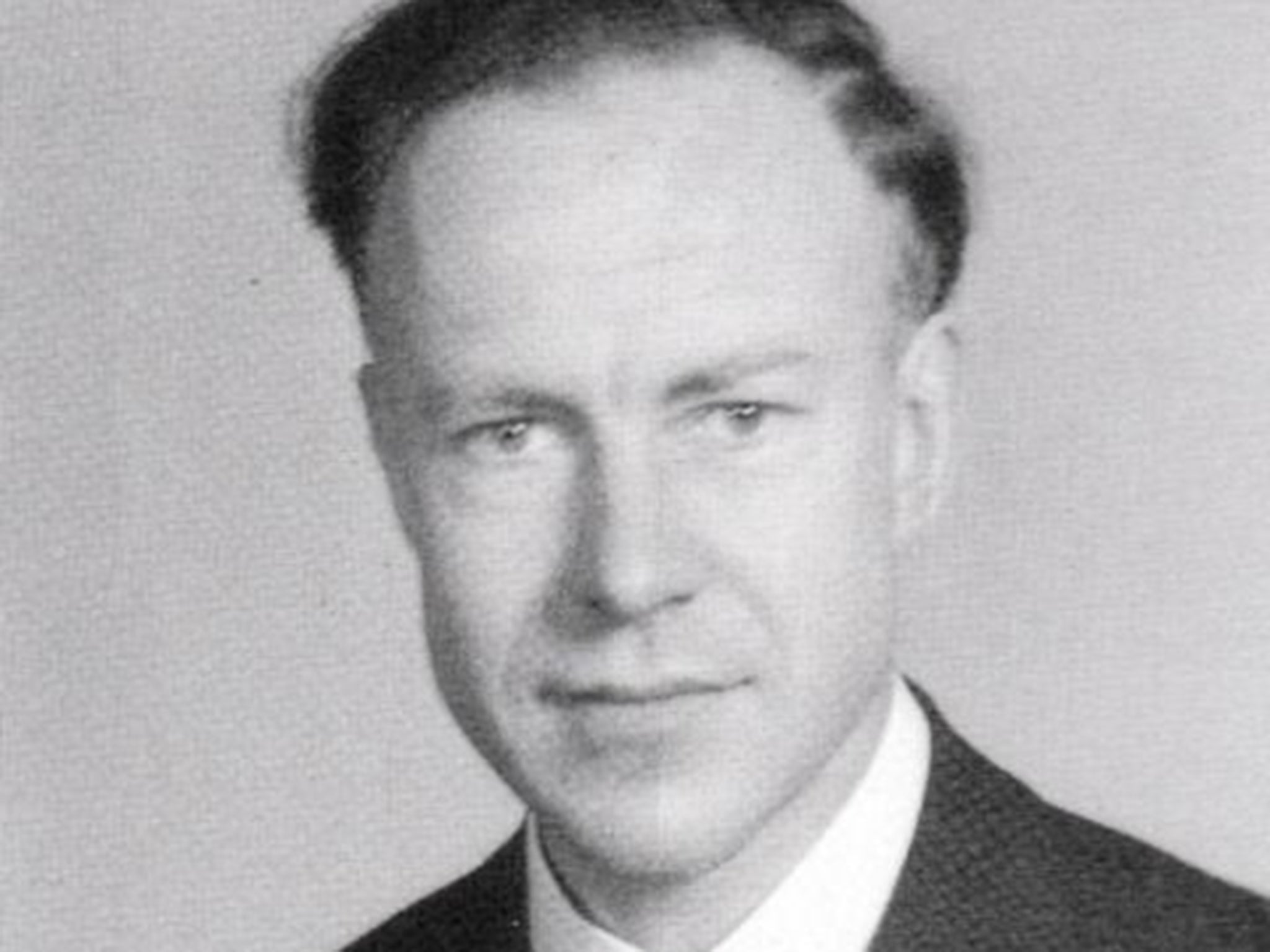Oliver Neighbour: Versatile librarian and scholar who played a vital role in raising musicological standards in postwar Britain
Known as Tim, Neighbour was a great exemplar of the scholar librarian

Playing a vital role in establishing musicological standards in postwar Britain, Oliver Neighbour was a great exemplar of that now endangered species, the scholar librarian. Moving effortlessly between the music of the English Renaissance and 20th century serialism, he added significantly to our understanding of both.
Known as Tim, Neighbour was educated at St Catharine's College, Cambridge. Having spent the War as a farm labourer, in 1946 he began his career as a cataloguer in the Department of Printed Books at the British Council. From 1947-50 he studied at Birkbeck College, taking a degree in French.
Initially working on the Subject Index of Printed Books, in 1951, transferring from the general library to the Music Room, he became deputy superintendent to Alec Hyatt King, succeeding him as Music Librarian 25 years later. While officially retiring in 1985, he stayed on for a time to oversee the publication in 1987 of the 62 volumes of The Catalogue of Printed Music in the British Library to 1980.
In addition to making many notable additions to the catalogue, Neighbour proved no less adept at displaying its holdings. Exhibitions covering all aspects of the musical spectrum, everything from George Frederic Handel to Ralph Vaughan Williams, highlighted the breadth of his curatorial interests.
His early reputation as an editor was forged through his bold realisation of Robert Schumann's Sonata No 3 in A minor for Violin and Piano, premiered at the Wigmore Hall in 1956 by Gerhard Seitz and Margaret Kitchin. Further publications focussed primarily on previously overlooked instrumental pieces by William Byrd.
Neighbour's literary career had begun some years earlier with an article on Schoenberg, published in Music and Letters. He contributed a wealth of finely written and knowledgeable critiques to a wide range of periodicals and specialist journals that included The Score, Tempo, Music and Letters, The Musical Times, Early Music and The British Museum Quarterly. More extended examples of his art can be found in a volume on Vaughan Williams and The New Grove Dictionary of Opera.
A 1978 study, The Consort and Keyboard Music of William Byrd, offered a new perspective on the composer's output. Amid attempts to unravel the knotty problems of chronology and authenticity, Neighbour never hesitated to make it clear that he felt the composer stood head and shoulders above his contemporaries, in range, contrapuntal technique and melodic invention, and, perhaps more importantly, in formal control and imagination.
He joined Elisabeth Lutyens, Peter Maxwell Davies and Matyas Seiber on the British jury of the International Society for Contemporary Music, each tasked with choosing new works for performance at festivals throughout Europe.
The guiding spirit behind the 1980 volume honouring his former boss, Alec Hyatt King, some years earlier Neighbour had collaborated with Alan Tyson on English Music Publishers' Plate Numbers in the First Half of the Nineteenth Century. In 1993 scholars from far and wide formulated a tribute to celebrate his 70th birthday, a festschrift entitled Sundry Sorts of Music Books.
KENNETH SHENTON
Oliver Wray Neighbour, music librarian and scholar: born Merstham, Surrey 1 April, 1923; died London 20 January 2015.
Join our commenting forum
Join thought-provoking conversations, follow other Independent readers and see their replies
Comments
Bookmark popover
Removed from bookmarks